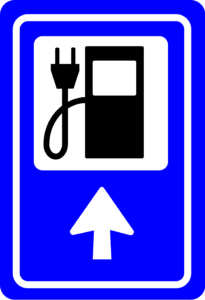Travel Tip: Airport Charging Stations
Forbes Magazine let us in on a handy tip. Those oh-so-handy USB power charging stations in the airport may come with a cost you can’t see. Cybercriminals can modify those USB connections to install malware on your phone or download data without your knowledge!
“Plugging into a public USB port is kind of like finding a toothbrush on the side of the road and  deciding to stick it in your mouth. You have no idea where that thing has been,” says Caleb Barlow, Vice President of X-Force Threat Intelligence at IBM Security. “And remember that that USB port can pass data.”
deciding to stick it in your mouth. You have no idea where that thing has been,” says Caleb Barlow, Vice President of X-Force Threat Intelligence at IBM Security. “And remember that that USB port can pass data.”
It’s much safer to bring your regular charger along and plug it into a wall outlet or, alternatively, bring a portable power bank to recharge your phone when you’re low on bars.
If you insist on using public USB ports, Barlow recommends investing $10 for something called a Juice-Jack Defender. “It’s a little dongle you can put in front of your charging cord that basically blocks any data from passing down the cord. It only passes the voltage,” says Barlow.
While these precautions may seem excessive to the average traveler, Barlow says it’s smart to worry about public USB power stations. A growing number of nation-state hackers are now training their sights on travelers, according to new research from IBM Security. The 2019 IBM X-Forece Threat Intelligence Index reveals that the transportation industry has become a priority target for cybercriminals as the second-most attacked industry — up from tenth in 2017.


